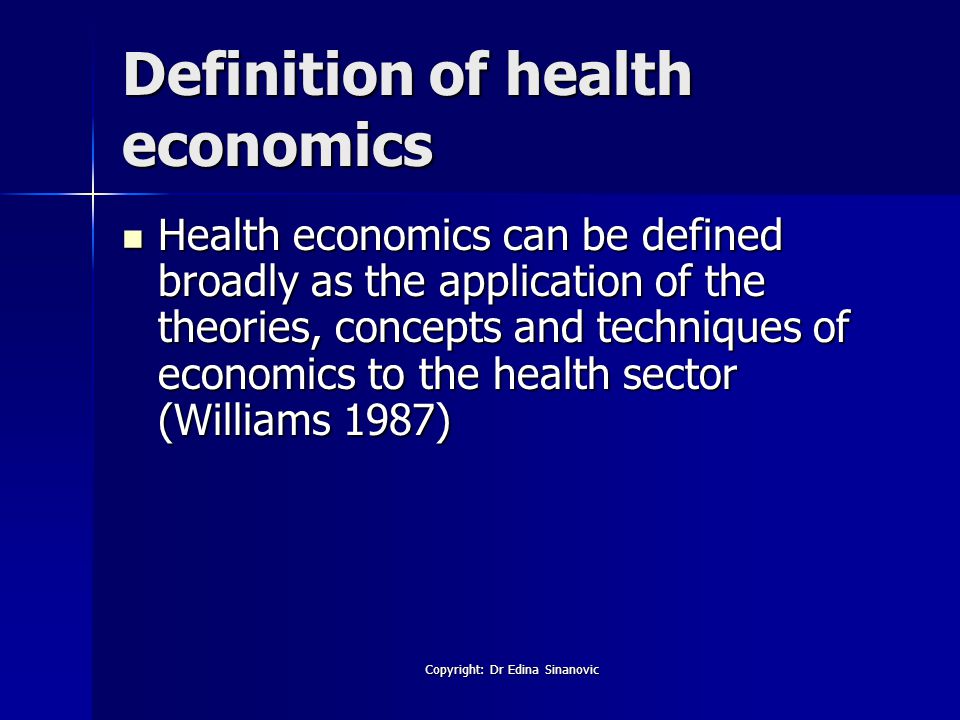
Health Economics is an applied field of study that allows for the systematic and rigorous examination of the problems faced in promoting health for all. By applying economic theories of consumer, producer, and social choice, health economics aims to understand the behavior of individuals, healthcare providers, public and private organizations, and governments in decision-making.
As Morris, Devlin Parkin and Spencer (2012) put it:
Health economics is the application of economic theory, models, and empirical techniques to the analysis of decision-making by individuals, health care providers, and governments with respect to health and health care.
Health economics is used to promote healthy lifestyles and positive health outcomes through the study of health care providers, hospitals and clinics, managed care, and public health promotion activities. Health addresses global issues such as migration, displaced persons, climate change, vaccine access, injuries, obesity, and pandemics.
Health economists apply the theories of production, efficiency, disparities, competition, and regulation to better inform the public and private sectors on the most efficient, cost-effective, and equitable course of action. Such research can include the economic evaluation of new technologies, as well as the study of appropriate prices, anti-trust policy, optimal public and private investment, and strategic behavior as well as providing research and advice to governments around the globe to enable a more effective and equitable allocation of resources.
By applying economic principles and methods, health economics in public health helps policymakers, researchers, and public health practitioners make informed decisions about resource allocation, healthcare financing, and policy development. It aims to improve the efficiency, effectiveness, and equity of healthcare systems and interventions, ultimately leading to better health outcomes for populations.
